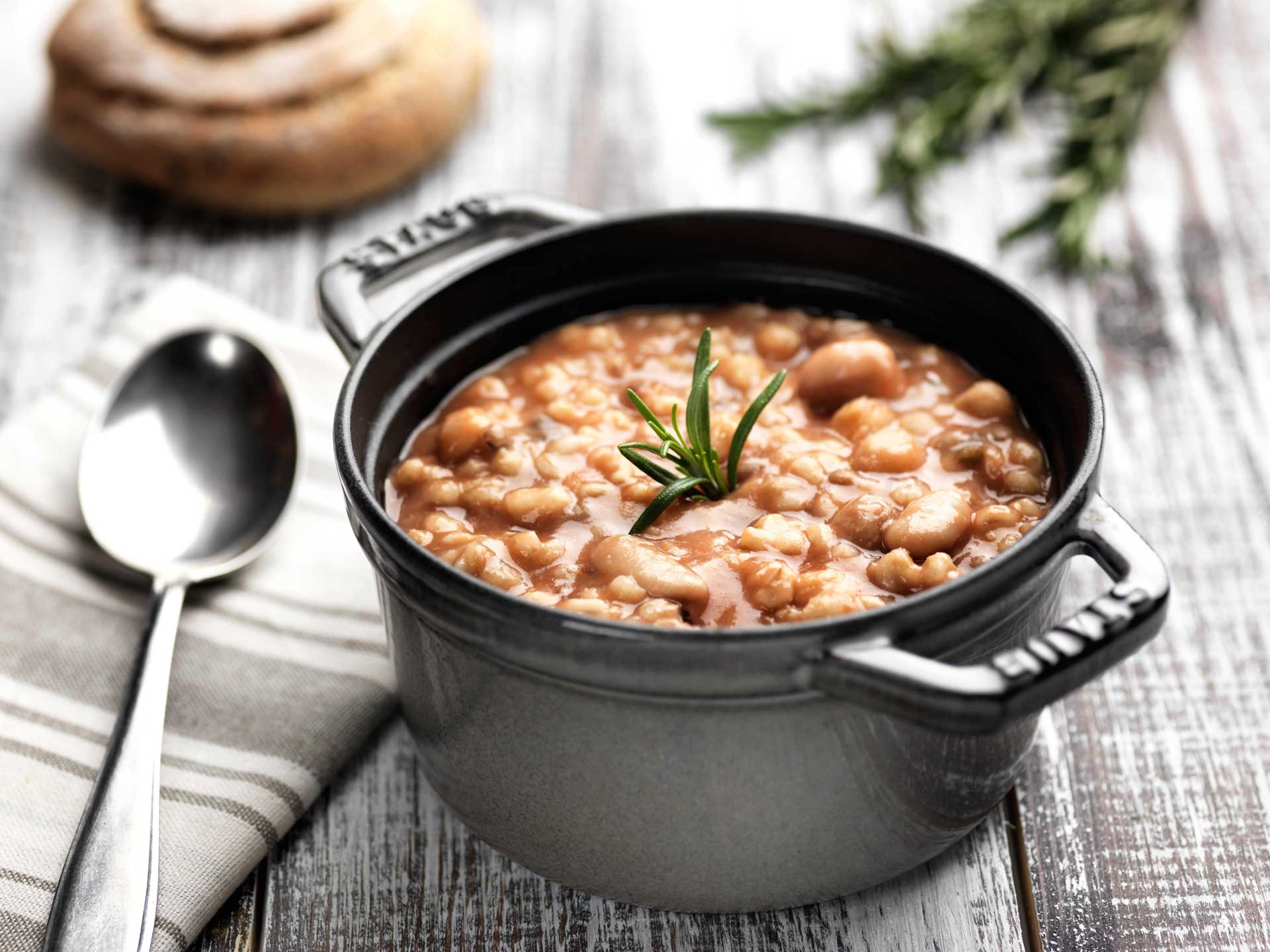
Starting Tomorrow: Diet!
Easter has just passed, and it's time for "drastic and punitive" diets!
Just kidding, of course.
It's true that the temptation to lose weight quickly, even with immense sacrifices, comes to many, even though they know well that "miraculous shortcuts" don't lead very far.
Indeed, heavily hypocaloric, restrictive, and rigorous diets hide dangerous pitfalls for both physical and mental health. By systematically eliminating one or more foods, or worse, entire food groups, one can incur unpleasant deficiencies. Therefore, it is always advisable to consult and rely on a specialist in nutrition and dietetics. In my opinion, "do-it-yourself" approaches can only be practiced in certain cases, based on the principles of a healthy diet and moderate, regular physical activity.
Otherwise, it's better not to risk it.
The current trend, actually lasting for several years, is to follow low-calorie diets (VLCD = very low-calorie diet) and, in particular, the ketogenic diet.
These are real dietary therapies with less than 500 kcal per day, hypoglucidic and hypolipidic, which must be properly evaluated for each patient and, above all, always practiced under the strict supervision of a specialist.
Let me simplify their mechanism of action: a very low caloric intake forces the body to use its own energy reserves, which are stored as fat. Therefore, the adipose deposits, through metabolic processes induced by the lack of carbohydrates and fats, transform into ketone bodies. In this way, our body can consume up to 150 g of fat per day. This means losing a lot of fat in a short time, without damaging the muscle mass.
For a ketogenic diet to be effective and safe, adequate and rigorous supplementation is needed (vitamins, minerals, antioxidants, and an adequate protein intake). There are serious protocols with solid scientific bases that must be followed scrupulously to achieve healthy weight loss, without incurring deficiencies and deterioration. Furthermore, the subsequent reintroduction of carbohydrates and fats must be gradual to avoid the rebound effect (rapid regain of lost weight).
Poorly managed hypocaloric diets can be harmful in the long term. So, if you have decided to shed a few extra pounds, to start, it's good to clean up your diet by removing:
unnecessary sugars > sweets, sugar, packaged snacks, sweet spreads, sugary drinks
saturated fats > butter, margarine, processed meats, fatty meats, fatty sauces (mayonnaise)
alcohol > beer, wine, cocktails
These small adjustments will allow you to drastically reduce calorie intake without resorting to "punitive" regimes.
For completeness, it will be beneficial to consume daily:
seasonal fresh vegetables and fruits
legumes, cereals
fish, eggs, white meats, soy
extra virgin olive oil, small quantities of nuts
water as much as you want
For everything else, it's best not to improvise! Undertaking a diet (or rather: a targeted dietary path for weight loss) is a commitment for both the body and the mind. It presupposes a willingness to change and long-term compliance, so it's better to rely on competent doctors and nutritionists. The result is not only measured in lost kilograms but above all in correcting recurring errors, improving eating behavior, and lifestyle (physical activity, maintaining good eating habits).
Dr. Concetta Mauriello






